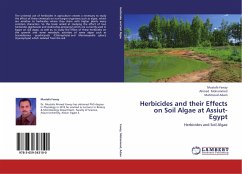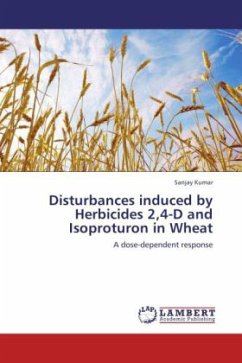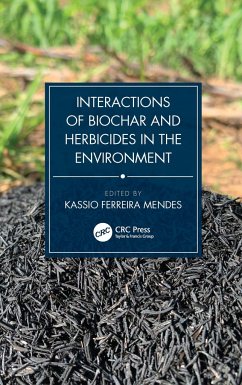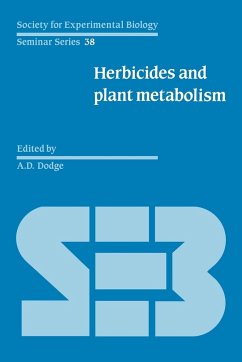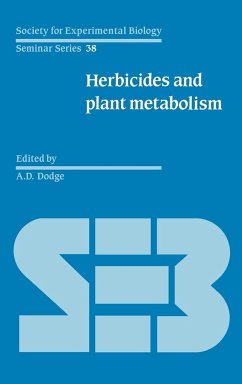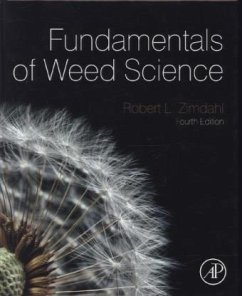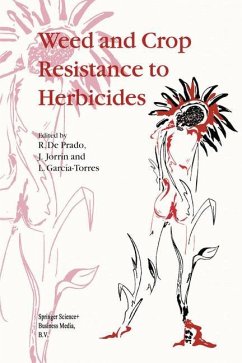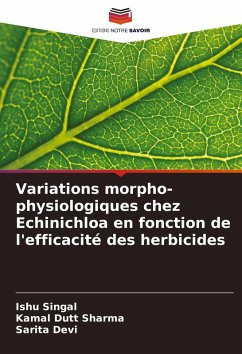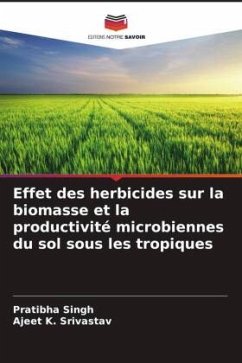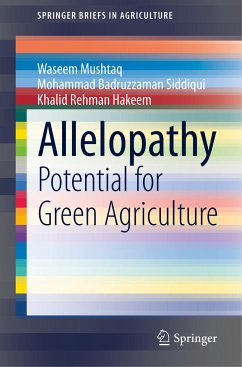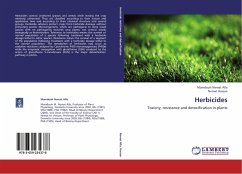
Herbicides
Toxicity, resistance and detoxification in plants
Versandkostenfrei!
Versandfertig in 6-10 Tagen
39,99 €
inkl. MwSt.

PAYBACK Punkte
20 °P sammeln!
Herbicides control undesired grasses and weeds while leaving the crop relatively unharmed. They are classified according to their nature and application time and according to their chemical structure into several groups. Herbicide safeners protect crops from herbicide damage without protecting weeds. Microorganisms, which are pathogenic to some weed species with no pathogenity towards crop plants, can control weeds biologically as bioherbicides. Tolerance to herbicides means the survival of normal population of a species following treatment with a herbicide dosage lethal to other species. Resi...
Herbicides control undesired grasses and weeds while leaving the crop relatively unharmed. They are classified according to their nature and application time and according to their chemical structure into several groups. Herbicide safeners protect crops from herbicide damage without protecting weeds. Microorganisms, which are pathogenic to some weed species with no pathogenity towards crop plants, can control weeds biologically as bioherbicides. Tolerance to herbicides means the survival of normal population of a species following treatment with a herbicide dosage lethal to other species. Resistance means the survival of a segment of the population following treatment with a herbicide dosage lethal to the normal population. The metabolism of herbicides may occur as oxidative reactions catalyzed by Cytochrome P450 monooxygenases (P450s) while the enzymatic conjugation with glutathione (GSH) catalyzed by the action of glutathione S-transferases (GSTs) is the major detoxification pathway in plants.



